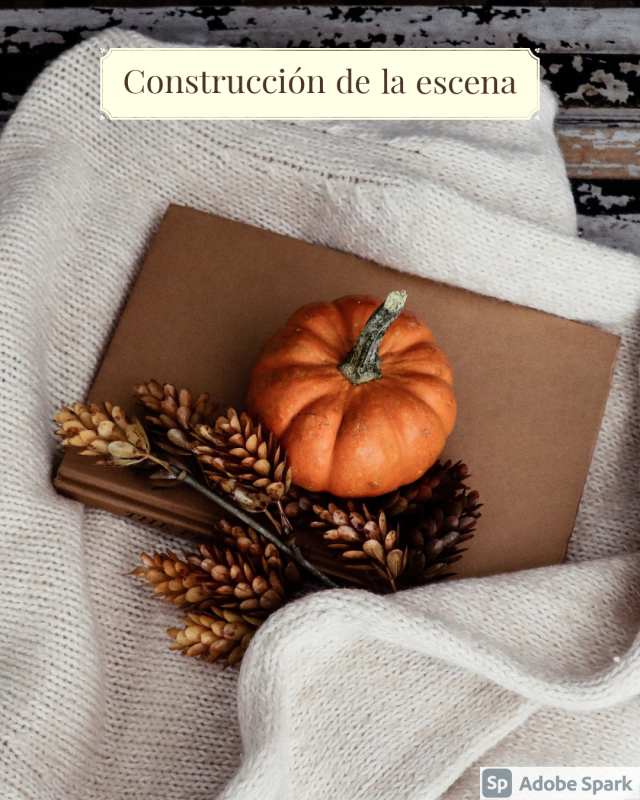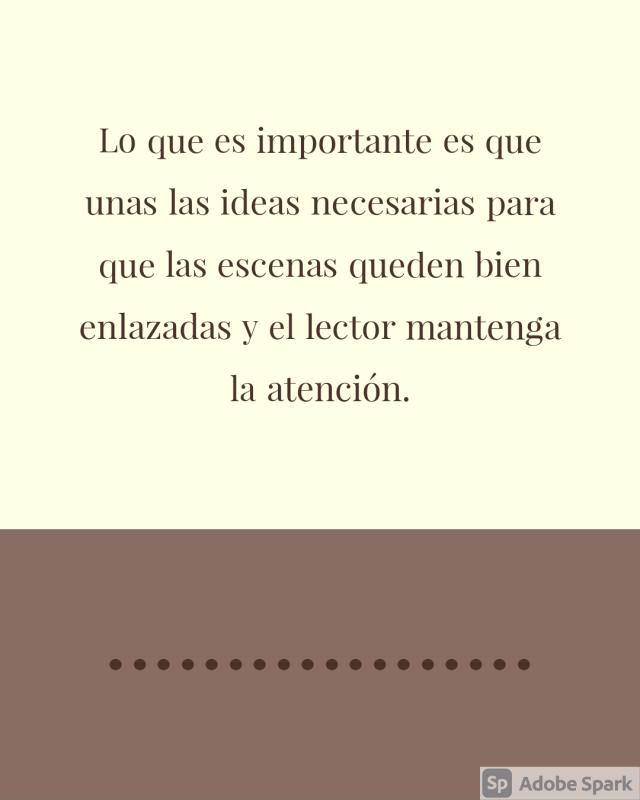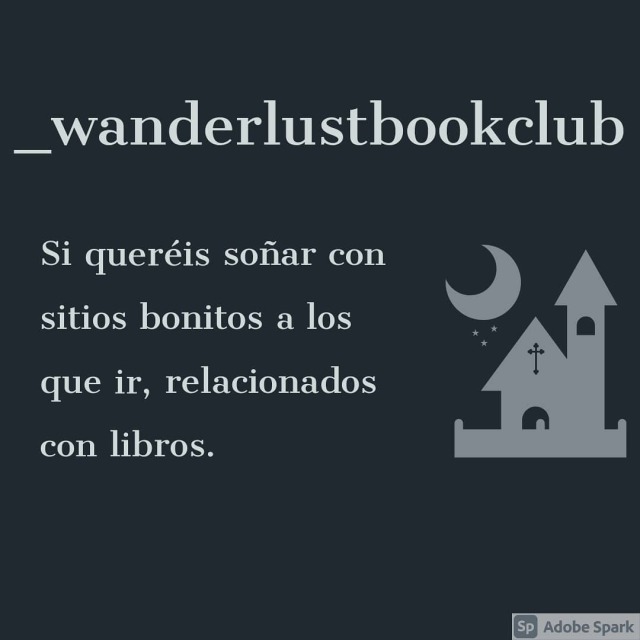#dialogue inspiration
Whump dialogue prompts:
“It’s alright if you’re not ready to talk about it yet. If you ever want to, I’ll be here.”
“Just come here, ________. You’ve had a really rough few days, and you look like you could use a hug.”
“It’s alright, cry as much as you need. I’ll be right here, I’m not going to leave you.”
“How did you manage to hurt yourself making toast? Even little kids can make toast!”
“Sit down, ________, you look about two seconds away from passing out.”
“Ok, you just try to keep pressure on that while I run and get the first aid kit. I’ll only be a minute.”
Whump dialogue prompts:
“Why didn’t you just tell me? We could have helped, you didn’t have to be in so much pain.”
“You look exhausted, are the nightmares getting bad again?”
“This is going to hurt, so you just focus on taking deep breaths, ok? I’ll handle everything else, you just breathe.”
“What happened to resting?! You just got out of the hospital, go back to bed!”
“I need you to let me look at your injury. I know it hurts, but I can’t help until I know how bad it is.”
“Are you sure that you’re ok? You’ve been breathing really shallowly, and you’re paler than normal.”
Whump dialogue prompts:
“Nobody is going to be mad at you if you take a break, you know. I know you want to get all your work done, but you’re at the point where it’ll be faster if you just take the time to sleep, then work more after you wake up.”
“You look like you just walked off the set of a horror movie, what happened?”
“Either you can cooperate or I can call someone for backup, but one way or another, you are going to get actual medical treatment, even if I have to drag you there myself.”
“You still feel a little warm, ________. Just take it easy for another day, please? For my peace of mind, if nothing else.”
“When was the last time you stopped to take care of yourself? You look horrible!”
“Alright, enough is enough. Let me help, it’s obvious you can’t walk that far on your own.”
Whump dialogue prompts:
“_______, please sit down, you’re shaking. Can you tell me what happened, or what I can do?”
“You look like you’re breathing kind of weird, are your ribs ok?”
“How many hours of sleep have you gotten this week? You look horrible. Come on, let’s get you to bed.”
“Ok, you just sit here and try to catch your breath. I’m going to find you some water, and then we’ll figure out what to do from there, alright? I’ll be right back.”
“Please try to be more careful next time, the goal is to cut the vegetables, not your fingers.”
“I know it feels like I’m coddling you, but you really do need to take it easy. You’ve been through a lot in this past week, and now you need to let yourself be taken care of so you can recover.”
A bunch of different dialogue prompts #61
- “Why is no one dead?”
- “Riveting.”
- “Fascinating.”
- “I hate that I can’t tell whether you’re joking or not.”
- “Why are you doing that? This is not a thumbs-up situation.”
- “You better watch your back!”
- “This is feminism, baby.” “It’s really not…”
- “Who still asks for permission?”
- “Lighten up, it’s tradition!”
- “You hungry?” “Famished.”
Construcción de la escena





Más cuentas de Instagram para lectores y escritores.






¿Cuáles seguís vosotros?
El bloqueo literario.
La mayoría de escritores tiene que lidiar en algún momento de su carrera literaria con el bloqueo, ese miedo a no saber qué escribir que en muchas ocasiones puede agravarse.
Esto no solo les sucede a los escritores, también a los músicos, pintores, escultores y otros artistas.
Hoy voy a contaros algunas maneras para que podáis superar el bloqueo literario, aunque he de decir que cada escritor tiene su propio método. Buscad el que más se adapte a vosotros.
¿Por qué ocurre el bloqueo literario?
En cada escritor conviven dos personajes en constante lucha: el creador y el crítico. Si falta alguno de los dos no hay literatura, ya que el creador va pensando las ideas y las va escribiendo sobre el papel, y el crítico censura aquello que no se adecúa al estilo literario que se busca.
Cuando un escritor sufre bloqueo literario, es el crítico el que está tomando las riendas de la novela, relato o poema que está escribiendo. De manera que, muchas veces, la primera línea no llega a salir por esa censura tan estricta.
A la hora de escribir hay que separar al creador del crítico. Ambos son importantes, pero no en el mismo tiempo. Primero el creador debe dedicarse a escribir y luego el crítico revisará y corregirá aquello que considere necesario.
¿Cómo solucionarlo?
Para empezar no debemos darle tanta importancia, es más, debemos verlo como una manera de mejorar nuestra creatividad, ya que el bloqueo censura las tonterías que no deberíamos escribir.
Debemos evitar la procrastinación, es decir, dejar pasar día tras día lo que habíamos programado escribir. Un escritor que se enfrenta todos los días a una página en blanco, puede llevarle a la locura, como ocurre en la novela El Resplandor, de Stephen King. Por lo que la mejor opción es escribir, escribir y escribir.
Tampoco debemos crearnos expectativas altas. Muchas veces queremos la novela acabada o queremos escribir el mejor texto literario. Sin embargo, soñar con esas cosas sin ponernos a escribir terminará por hacer que el ser buenos escritores no se cumpla. Hay que recordar que por muy malo que sea el texto que hayamos escrito, siempre habrá uno peor, y ese es el de la página en blanco.
Así que, escribe por placer, porque te gusta el proceso.
¿Cómo solucionáis vosotros el bloqueo literario? Dejadme vuestra respuesta en los comentarios.
Fuente: Escribir, Manual de técnicas narrativas (Enrique Páez).
Puedes seguirme en Instagram o entrar en mi blog con los siguientes enlaces:
Prompt #271
A tree assumed to be barren suddenly burst into colorful bloom.
Prompt #270
Shattered by grief
Reforged in anger
Prompt #269
I honestly never thought we’d make it this far
Prompt #268
The Disturbance began the day I shared my first kiss.
The Disturbance ended the day I held my first grandchild.
Prompt #267
“What are we at?”
“378 I think.”
“Oh, right.”
Prompt #266
Of all the people in the world, it had to be you.
Prompt #265
Well, ‘hooray’ for you. You found us. Now what?
Prompt #264
Why do you never stay?
Prompt #263
The house we grew up in has been turned into a fancy coffee shop.
I find myself there every day remembering you.
Prompt #262
They were perhaps the luckiest and unluckiest person in the room.
Prompt #261
I’m not scared of you anymore.
All I feel is anger.
Prompt #260
Civilian looks down in horror. The body of Hero lies broken against a pile of rubble in the aftermath of a battle against Supervillian.
How will the city survive without their protector and figure of hope?
Clenching their jaw, Civilian gently brings the fallen Hero to a more private, dignified place. It wouldn’t do for the rest of the public to come upon this scene and lose hope.
With Hero properly laid to rest, Civilian looks down at the torn cape cradled in their hands. The city needed a new protector.
